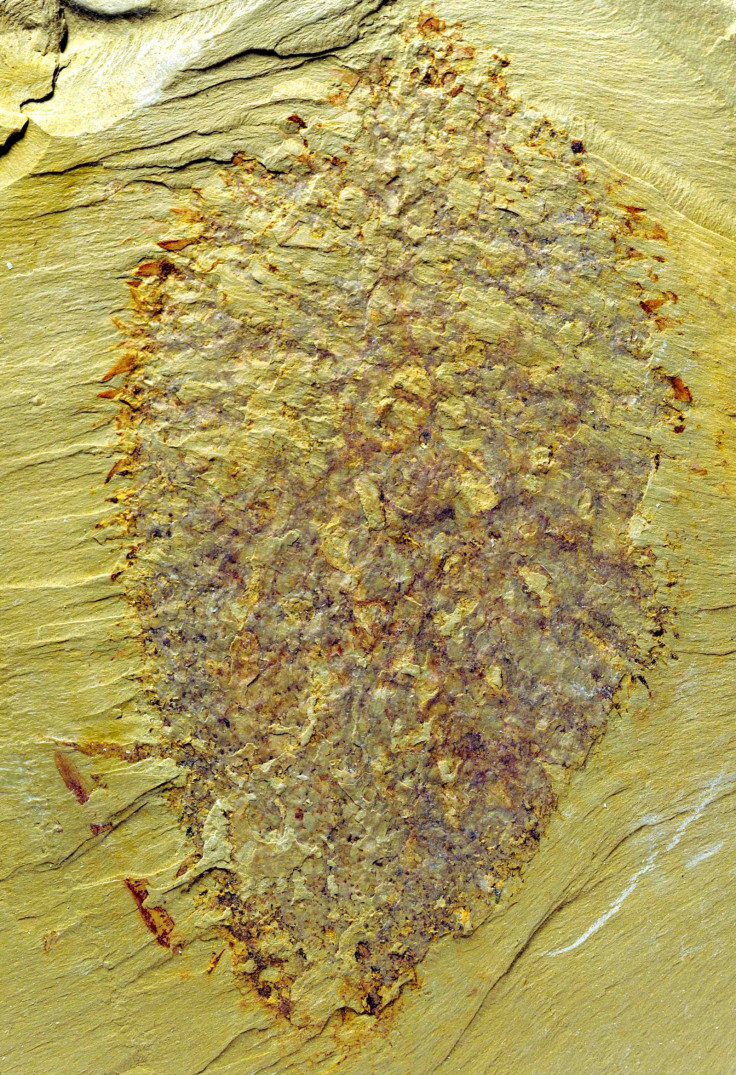Nidelric pugio: Half-a-billion-year-old balloon-shaped creature discovered in China
A bizarre "balloon-shaped" creature dating back half a billion years has been discovered in China.
Nidelric pugio was discovered by an international research team at the Yunnan University in China with collaboration from the Universities of Leicester and Oxford.
The animal was covered in spines in life, but its fossil looks like a "squashed bird's nest" as a result of being flattened during the fossilisation process, researchers said.
Published in the journal Scientific Reports, Nidelric pugio was found in Chengjiang in southern China. It probably belongs to a group of bizarre balloon shaped animals called chancelloriids, which have an outer skeleton that acted as a defence mechanism.
Study co-author Tom Harvey said: "There is only one fossil of this enigmatic animal after 30 years of collecting by our Chinese colleagues at Chengjiang. It is exceptionally rare, but it shows us just how strange and varied the shapes of early animals could be."
The creature was found in an area dating to 520 million years old where there is a diverse array of fossils preserved within the rocks, including legs, eyes, guts and brains.

Among the fossils discovered are distant relatives of arthropods, such as crabs and lobsters, as well as mystery fossils that do not appear to fit with any living animal today – including chancelloriids, which provide an insight into Earth's ancient oceans.
Tom Hearing, who works on the skeletons of Cambrian fossils, said: "We usually only get the broken-up remains of ancient animal skeletons. With this specimen we can see how all the different parts of the skeleton stuck together. It tells us much about how early animals functioned, how they might have interacted with other animals, and how they might have protected themselves from predators."
The fossil was named after the University of Leicester's Richard Aldridge, a world leader in Chengjiang fossil research who died earlier this year.
The name derives from the Latin word for bird's nest (Nidus) and adelric, from the Old English name Aedelic, which means noble and ruler and is the origin of the name Aldridge.
"We are glad the fossil can honour the name of Professor Richard Aldridge, who was a leader in this field and whose research was vital in better understanding the rich tapestry of fossils found at Chengjiang," Harvey said.
© Copyright IBTimes 2025. All rights reserved.






















